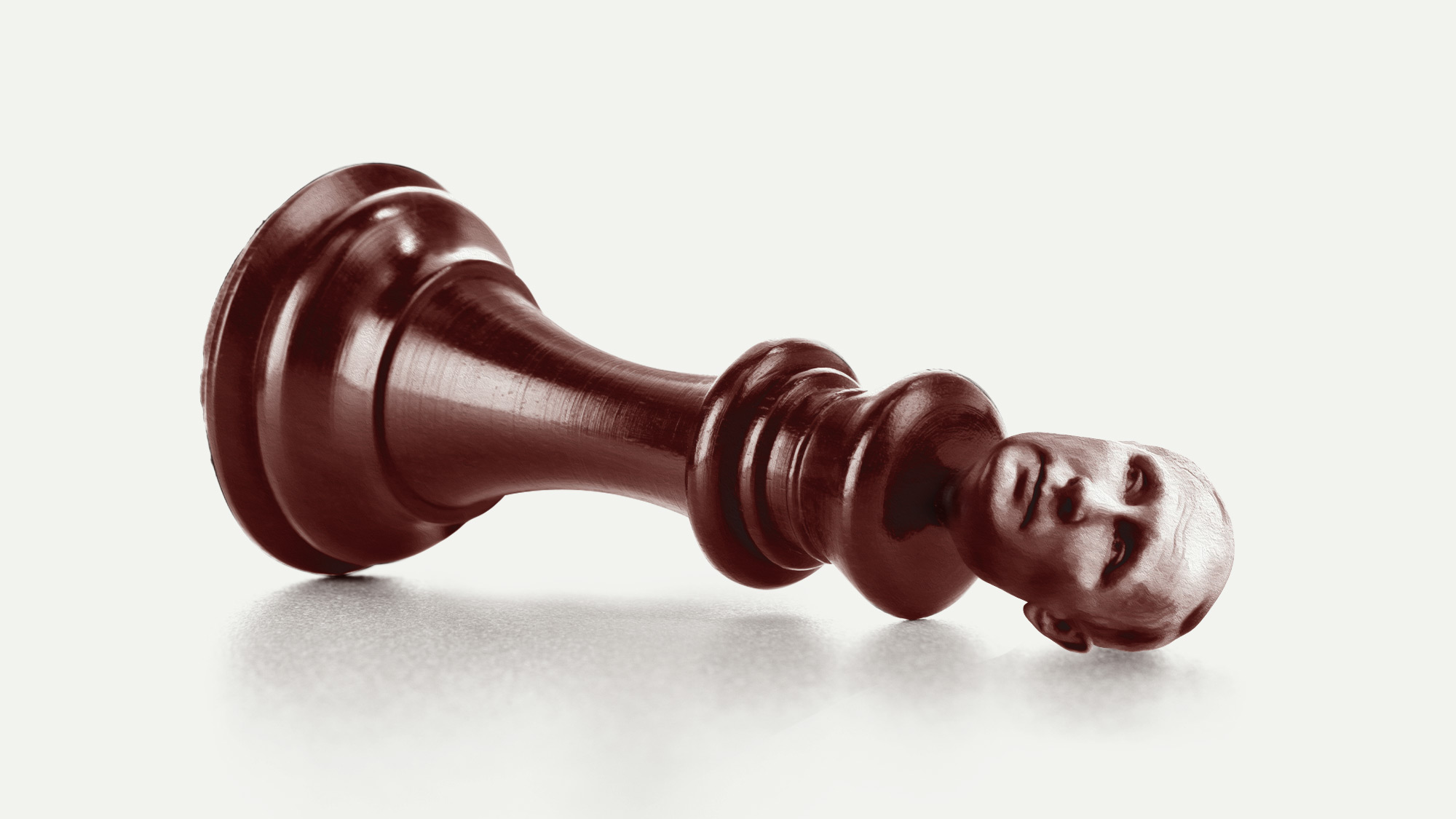Two weeks ago, the world’s top chess authorities voted to sharply rebuke Russia for its invasion of Ukraine. The unanimous decision by the International Chess Federation (FIDE) to ban Russians from competing under their own flag, and strip the country of the Chess Olympiad slated for Moscow this summer, is extraordinary not just because it sidelines Russia from the game it had dominated for half a century, but because of who joined the chess world in repudiating Russia: former Russian Deputy Prime Minister Arkady Dvorkovich.
In an interview with Mother Jones, Dvorkovich, who is now president of FIDE, voiced his opposition to the war, becoming one of the very few, or only, former senior Kremlin officials to openly criticize it. “Wars are the worst things one might face in life…including this war,” Dvorkovich tells me from Russia, where he says he is “safe with my family and friends.”
Dvorkovich, who served at the Kremlin for 10 years, joins scores of chess leaders in decrying Vladimir Putin’s invasion. “My thoughts are with Ukrainian civilians,” Dvorkovich tells me. “Wars do not just kill priceless lives. Wars kill hopes and aspirations, freeze or destroy relationships and connections.”
Dvorkovich was chief economic adviser to President Dmitry Medvedev from 2012 to 2018, chair of the FIFA World Cup Russian organizing committee, and chair of Russia’s state-owned railways, a title he no longer holds and a history he leans away from. “I am not involved with any state-owned commercial companies” anymore, he tells me. “There are some non-commercial public activities I am involved in, mostly in the areas of education and innovation.” His father was also an international chess arbiter—responsible for ensuring that rules are adhered to—a family legacy meaningful to Dvorkovich and part of his incentive for courting the chess world’s support as he seeks reelection as FIDE president this year.
“I cannot say much now, but I will say one thing: I would never want to be in [Dvorkovich’s] place” as a Kremlin-linked, vocally antiwar FIDE president, says Zurab Azmaiparashvili, president of the European Chess Union, who sits on the FIDE council with him. Azmaiparashvili praises Dvorkovich’s chess stewardship. “The discomfort that he experiences is quite obvious” during their meetings, Azmaiparashvili notes, as Dvorkovich navigates the precarious path between his role at FIDE and his place as a former top Kremlin official. Azmaiparashvili, a Georgian national, “did not support” his bid for president in 2018 but now strongly backs him: “We all witnessed that he did [and is doing] a wonderful and effective job as FIDE President!”
Dvorkovich rescued FIDE financially after his predecessor, the Russian oligarch and longtime chess federation president Kirsan Ilyumzhinov, was suspended for ethics violations. The US Treasury Department had placed Ilyumzhinov on a sanctions list for materially assisting the Syrian government during its massacre of civilians. FIDE’s assets were frozen; its Swiss bank closed FIDE’s accounts in response to Ilyumzhinov’s sanctioning. When Dvorkovich took FIDE over, he stabilized the organization.
“Arkady not only loves chess very much…but he is also a very progressive and peaceful person,” Azmaiparashvili says, calling him “respected.”
But he is renounced by 28 Ukrainian grandmasters who signed a letter demanding Dvorkovich’s immediate resignation, imploring FIDE’s General Assembly to oust him “as a person who,” with Kremlin ties, is “responsible for the formation of Russia’s aggressive foreign policy.” One former FIDE world champion, Ruslan Ponomariov of Ukraine, tells me, “I believe Dvorkovich should resign…[FIDE] can’t be ruled by Russia with bloody Russian money.”
That criticism is why Dvorkovich has worked to put more space between him and the Kremlin. He tells me he vigorously opposes the war, and he doesn’t shy away from calling it “war,” a word banned in Russian media. He notably did not mention Putin by name to me, revealing the tenuous balance that anyone in Putin’s sphere of influence must strike in speaking out.
Leveraging chess to pressure the Kremlin is not just FIDE’s strategy. It’s a global one: I spoke with 36 chess leaders and governing officials from 18 countries in recent days. Among them is Susan Polgar, a former women’s world champion from Soviet-era Hungary, who says, “I am a granddaughter of Holocaust-surviving grandparents, but over 300 members of my extended family never made it. I feel for the Ukrainian people. I am still shaking.”
Viswanathan Anand, the five-time world champion, tells me FIDE carries “a certain weight and status in both” Russia and Ukraine, and he hopes FIDE can “help any Ukrainian players whose lives are in danger as well as amplify efforts to stop the war. I am sure the FIDE president, Arkady Dvorkovich, and his team are trying to help with efforts to find peace.”
Wesley So, the reigning US champion, says, “My heart is broken for the people of Ukraine as well as the people of Russia who oppose this invasion. What are the old men of the world doing to us? You are murdering your brothers and sisters because you covet their belongings? We have just survived almost three years of a crippling pandemic and now you try to destroy any hope we have left?”
The reigning world champion, Magnus Carlsen of Norway, declined to comment through a spokesperson, who said Carlsen “does not want to speak up unless he has a very clear idea about a specific message he wants to put out there. Just making some sympathetic comments doesn’t seem to be his way of handling important issues like this.” But four Ukrainian grandmasters, in the war zone, tell me they get strength from the solidarity of those who are full-throatedly speaking out, particularly when prominent voices are one of the few resources available.
My 36 interviews, edited below, are a sample of a chess world at its historic height of solidarity. Tap the arrow at the right to return to the top.
Chess Leaders Speak Out
Susan Polgar
Wesley So
Maurice Ashley
Viswanathan Anand
Arkady Dvorkovich
Gata Kamsky
Veselin Topalov
Anastasia Vovk
Mikhail Golubev
Maryana Huda
Ruslan Ponomariov
Michael Khodarkovsky
Alexander Ivanov
Maxim Dlugy
Zurab Azmaiparashvili
Ben Finegold
Mike Hoffpauir
Laura Unuk
Maka Purtseladze
Jorge Vega
Boris Kutin
Casto Abundo
Arturs Neiksans
Jennifer Shahade
Stewart Reuben
James Canty
Anna Cramling
Levy Rozman
Ramachandran Ramesh
Agnieszka Milewska
Mohammad Jafar Kambouzia
Sam Copeland
S.L. Narayanan
Swapnil Dhopade
Benjamin Bok
Thibault Duplessis
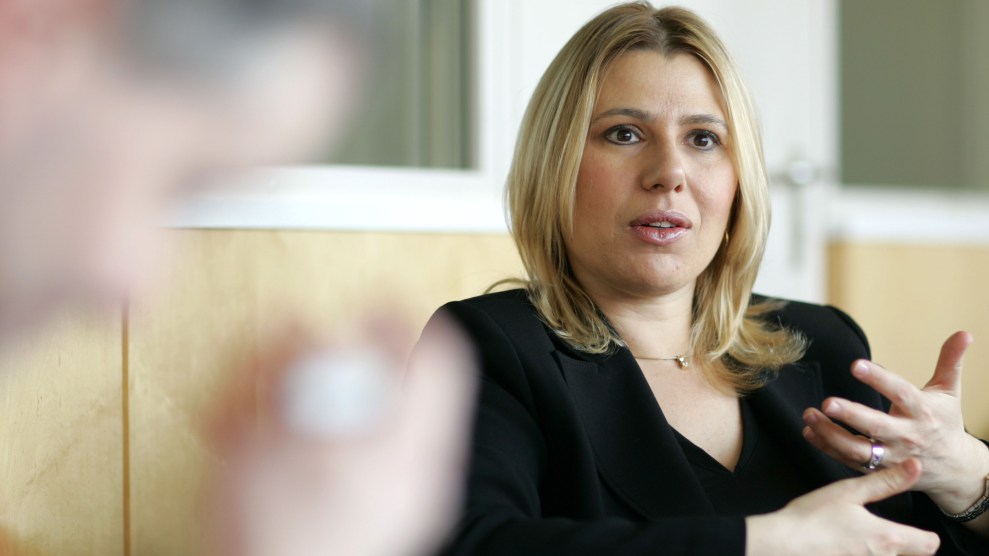
Susan Polgar
Susan Polgar, former women’s world champion, Hungarian-born American:
I am a granddaughter of Holocaust-surviving grandparents, but more than 300 members of my extended family never made it. I feel for the Ukrainian people. I want them to know that the world is behind them. Hopefully peace will come soon and swift justice be served. I am still shaking. I am sad, angry, and confused at how the world can allow one mad man, again, in 2022, to take away so many lives and displace millions of people. Most people don’t know that my Mother was born at a border town between Hungary and Ukraine. Even though she spoke Hungarian at home, she went to Ukrainian schools.
When I became a world chess coach, I had several talented Ukrainian players under my tutelage. I also know countless Russians: Most do not hold the views of their leader, and they are caught in between. Many Russian professional chess players voice their strong disagreement with what is happening.
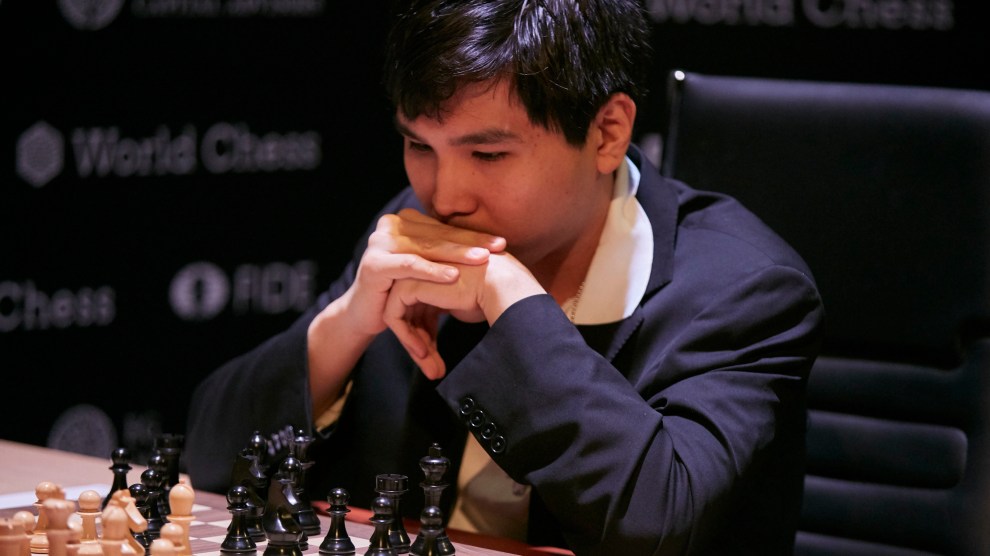
Wesley So
Wesley So, reigning US champion, Filipino-born American:
My heart is broken for the people of Ukraine as well as the people of Russia who oppose this invasion. What are the old men of the world doing to us? You are murdering your brothers and sisters because you covet their belongings? We have just survived almost three years of a crippling pandemic and now you try to destroy any hope we have left? I am disturbed, restless, and in grief.
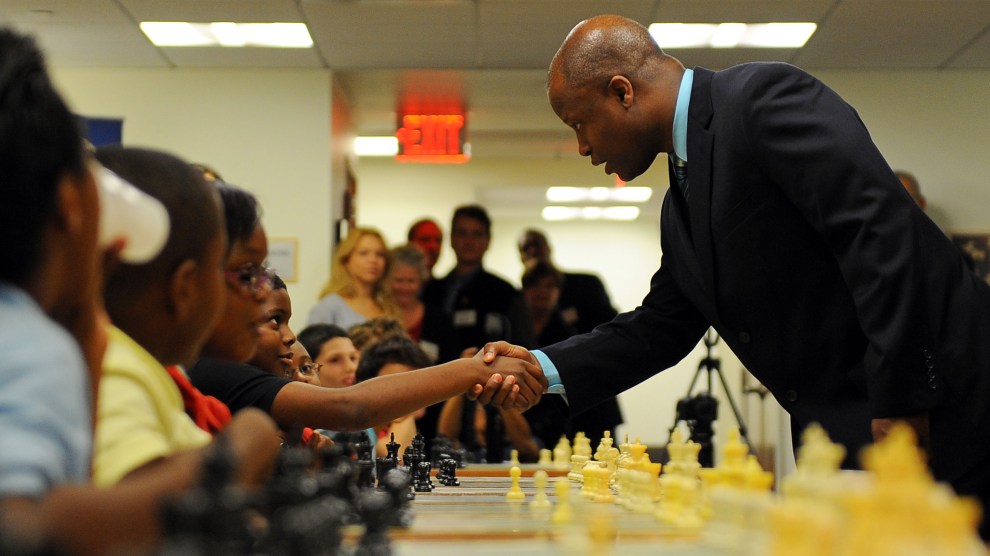
Maurice Ashley
Maurice Ashley, international grandmaster, Jamaican-born American:
This invasion of a sovereign nation is wrong on its face, and the suffering that is taking place, and will take place, wrenches the soul. You would think that leaders have learned that in the modern world, unlike on the chessboard, the long-term ramifications of war can never be reasonably calculated. People want to live in peace, and only politicians who understand this deeply and act on it should stay in power. Everything must be done to ensure that no further lives are lost and that brazen takeovers never succeed.
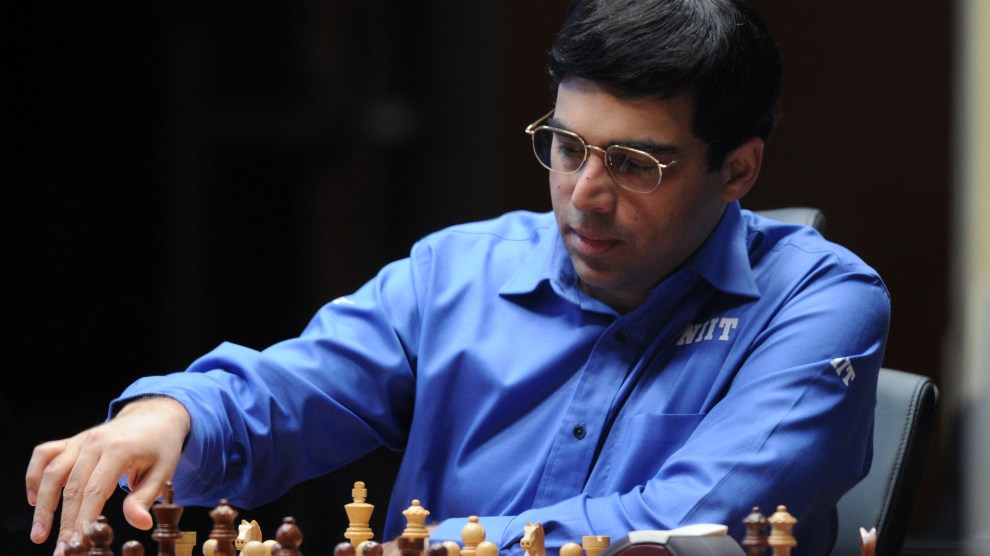
Viswanathan Anand
Viswanathan Anand, five-time world champion, Indian grandmaster:
Due to the importance of chess in both Ukraine and Russia, FIDE and its leadership have a certain weight and status in both countries, and I hope they are able to help any Ukrainian players whose lives are in danger as well as amplify efforts to stop the war. I am happy the majority of Russian chess players have declared themselves against the war. FIDE has taken the right measures so far by aligning themselves with the rest of the sports world. I am sure the FIDE president, Arkady Dvorkovich, and his team are trying to help with efforts to find peace.
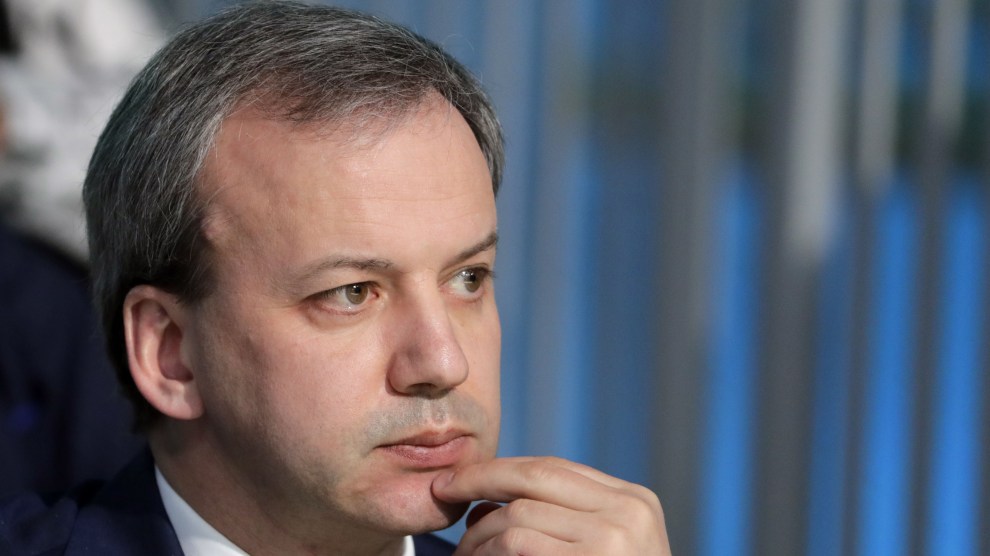
Arkady Dvorkovich
Arkady Dvorkovich, former deputy prime minister of Russia, current FIDE president:
Wars are the worst things one might face in life. Any war. Anywhere. Wars do not just kill priceless lives. Wars kill hopes and aspirations, freeze or destroy relationships and connections. Including this war.
FIDE’s Council made a unanimous decision expressing grave concern about the military action started by Russia in Ukraine. FIDE stands united against this war and all wars, and condemns any use of military means to resolve political conflicts.
Chess connects people to show our best at the board and converge around the shared joy of playing with intellectual efforts and sportsmanship. We at FIDE could not prevent this war, as we could not prevent many wars before. Chess players all around the world are terrified and horrified…
My thoughts are with Ukrainian civilians including the many players who are in danger, and who cannot compete or even think about chess during war. FIDE will do everything possible to get Ukrainians and everyone back to chess when conditions allow.
Many of us have directly helped suffering Ukrainian families. We are making sure there are no official chess activities in Russia or Belarus and that players are not allowed to represent Russia or Belarus in official or rated events until the war is over and Ukrainian players are back in chess. And they would be guaranteed spots in the world championship cycles despite missing qualification events.
I know that many connections have been broken already. And some friendships are hardly to be reinstalled. But I dream of seeing Ukrainian and Russian players competing again with each other. Not against each other, but together.
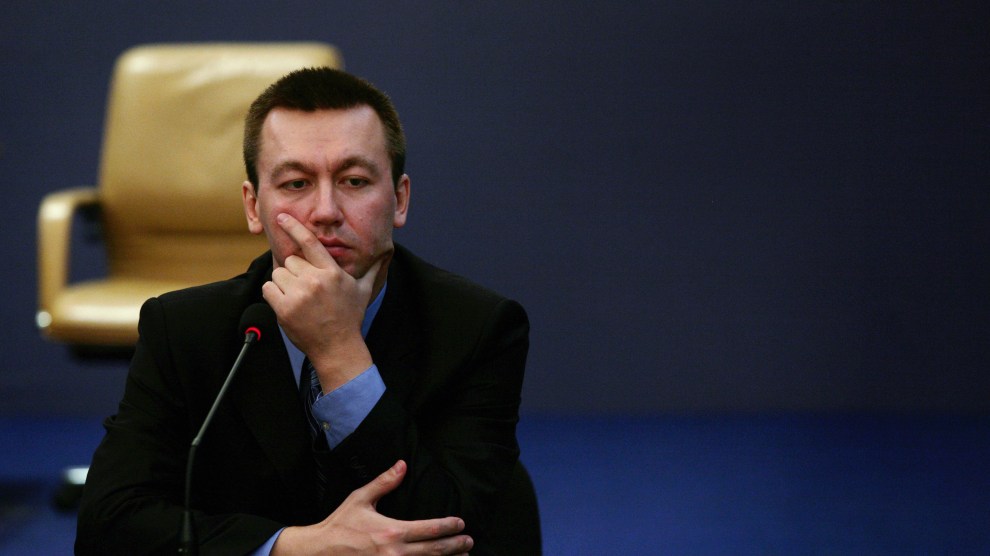
Gata Kamsky
Gata Kamsky, Soviet-born US grandmaster, five-time US champion:
The Russian leader must have finally lost touch with reality and became mad to start this completely unnecessary war in which brother goes against brother and thousands of innocent people are dying. As someone who has genes in both Ukraine and Russia, I hope that both Ukrainian people and millions of common Russian people (who have been suffering under the current regime but too afraid to say it openly and are obviously against this war) will survive this tragedy and one day be reconciled under European Union flag.
Before that can happen, Russia must become a true democracy. I’m especially concerned for my chess colleagues [within Putin’s reach] who have openly voiced opposition to the war and signed letters and petitions. Such openness in an increasingly hostile environment may lead to tragic consequences, which is why I believe these players should be supported by FIDE and given a chance to seek political asylum.
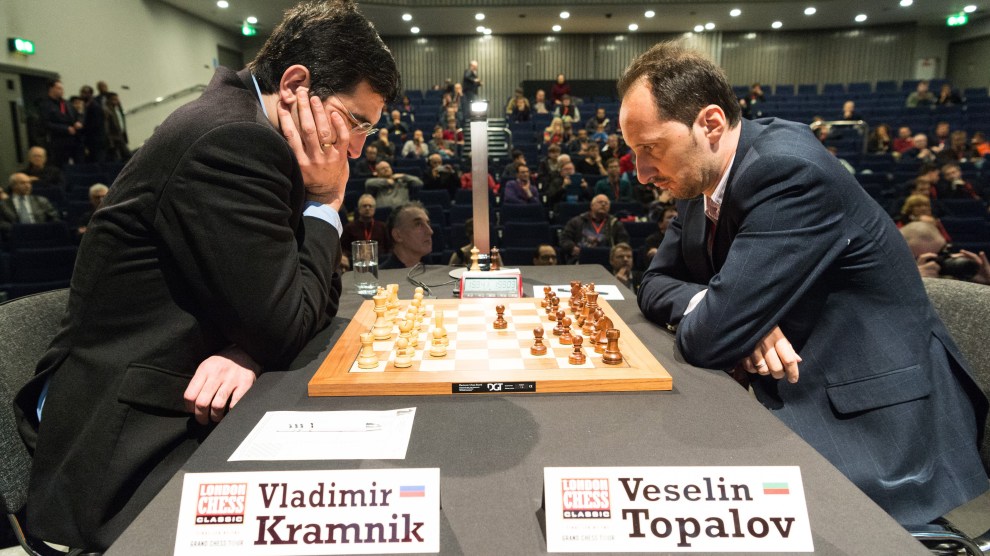
Veselin Topalov, Bulgarian grandmaster, former FIDE world champion:
I believe Russian chess players should be banned from all international events, not because they all support the Russian aggression, but because that’s the way to stop it as quickly as possible. My foundation has very limited resources, but we are sending financial help to Ukrainian refugees. I simply don’t value higher the chess players compared to any other human beings. I send all my support to Ukrainian people.
Anastasia Vovk, Ukrainian grandmaster:
I live in Ukraine and war is here. Russia attacked us. Russia bombs our cities, kills our civilians including our children! In Kyiv and other cities, women deliver babies in bomb shelters. People no longer have water and food. Small children are starving. Russia does not allow humanitarian corridors. I can’t even count all the crimes Russia has committed. That’s why the help of the free world is so important: Do not stop being on the side of truth and life. Do everything in your power! Good deeds are stronger than the hatred Putin is full of.
Mikhail Golubev, Ukrainian grandmaster, military defense organizer:
Our Ukrainian army and Odesa people are prepared to defend the city and we are continuing all necessary preparations. Odesa will stay strong! The situation is tense. I’m directly involved in supporting the Territorial Defense of Odesa. —March 4, 2022
Maryana Huda, Ukrainian grandmaster:
I live in Ukraine. I am at the epicenter of the main happenings and I see and hear and understand everything. I am not leaving anywhere. I am sure everything will be good here [—March 7, 2022]. A lot of people have been offering me to leave to another country, and I am very grateful for the support, but I see that everything should stabilize soon. I am not leaving anywhere. FIDE’s chess motto is Gens una sumus, “We are one family.”
Ruslan Ponomariov, Ukrainian grandmaster, former FIDE world champion:
FIDE must change. It can’t be ruled by Russia with bloody Russian money. I believe Dvorkovich should resign. The sooner it will be done, the less time could be wasted to normalize the work of FIDE. It’s a total shame that some Russian chess players [including Anatoly Karpov and Sergey Karjakin] become a mouthpiece of totalitarian propaganda.
Regarding banning Russian athletes from competition: Maybe for them it sounds cruel, but I believe if it’s possible to stop the war, all possible measures should be used to do this—maximum pressure and efforts.
My parents and my sister were in Kyiv, and on March 3 they decided to evacuate despite my father wanting to stay in his home until the last moment. With some adventures, they passed the border with Hungary and safely arrived in Spain from Budapest. Now I am trying to help them adapt.
I am in contact with the Ukrainian community here in Spain. People are trying to collect humanitarian help and send it to the border of Poland with Ukraine. I am very grateful for messages of support I receive: Thank you very much to Hikaru Nakamura, Konstantin Kavutskiy, Kasparov Chess Foundation, Saint Louis Chess Club, and many others for their help. No one knows when this war will end, and the situation can become even worse. I hope there will be no disaster like Chernobyl 1986 or nuclear war.
Michael Khodarkovsky, Ukrainian-born vice president of FIDE, and president of Kasparov Chess Foundation:
I am a proud American and I was born in Odessa, Ukraine, and I am a proud Odessian. I learned to play and love chess in Odessa. I stand united with the US and international chess community to support all Ukrainian chess players and Ukrainians fighting to protect freedom, their homeland, and the values of democracy for themselves, their families, and future generations.
Alexander Ivanov, Soviet-born US grandmaster:
Of course my solidarity is with Ukraine in its fight against Putin’s aggression. There will be no safety for anyone until he’s out of power. My message is to boycott Putin’s Russia until its army is out of Ukraine and shame on those who, like Anatoly Karpov and Sergey Karjakin, openly support the aggression.
Maxim Dlugy, Soviet-born US grandmaster:
For me the war has become an extension of what I have seen Putin capable of for nearly 20 years. When you know there is a monster controlling nearly half of the world’s nuclear arsenal, you can imagine some of the worst fears could come true. Though I was hoping that somehow Garry Kasparov would be mistaken in the belief that Putin would be the Hitler of the 21st century, the facts are now on the table—Putin has mastered the art of disinformation and betrayal and is using modern technology. He must be stopped! I pray for the people of Ukraine and for the world to join in the fight against Putin.
Zurab Azmaiparashvili, president of the European Chess Union:
If all the world is not unified against this aggression, the category human beings will go back more deeply to the category animals. If I had the opportunity to meet Putin, I would say: Vladimir, God gave you such a large and rich country, rewarded you with so many religions and cultures of your neighbors, so help them, be friends with everyone because it’s nice to live in an environment where everyone appreciates and respects you! What can be achieved with sincere love can never be achieved by weapons and the extermination of civilians!
At our meeting of the European Chess Union board, we suspended the membership of Russia and Belarus. Only complete isolation from the entire civilized community will make the aggressors think and make adequate decisions within countries.
We are not born heroes, but everyone in difficult moments manifests what is dormant in us. This was the case with Schindler, and what our colleague Grandmaster Sulipa did reminded me of my wife’s reaction in August 2008 when we were in Sochi, Russia, during the FIDE Grand Prix: Then Putin attacked Georgia and annexed 20 percent of our country. My wife painted the Georgian flag on her white T-shirt and we went outside. Was it life-threatening? I think so, but the civilians of Russia looked at us with sympathy and it was clear from their eyes how worried they were!
Ben Finegold, US grandmaster:
Basically, fuck Putin…Ukraine should know the world is behind them and realize this invasion is an atrocity and war crime. We hope all Ukrainians stay safe and have contact with the West so we can get truth out. The world stands with Ukraine. I hope the US and NATO send in troops to Ukraine and stop this madness. We should have sent troops in earlier. Putin is just another version of Hitler, except he has nukes.
Mike Hoffpauir, president of US Chess Federation:
The United States Chess Federation strongly condemns the invasion of Ukraine by the Russian Federation. Chess and all international sports unite people but cannot do so when nations are under attack. US Chess will not send a delegation to any official FIDE event held in the Russian Federation as long as it continues its unlawful invasion, occupation, and attacks on Ukraine or any other nation state. In the spirit of our game and the motto of the International Chess Federation, Gens una sumus, “We are one family.” US Chess urges an immediate and peaceful end to this conflict.
Laura Unuk, Slovenian grandmaster:
If Ukraine were my home, I would also take the rifle to defend my country. I can express the sadness I feel. We in Slovenia also fought for our independence 30 years ago, and now I am witnessing how it felt but 100 times worse. My heart goes out to all Ukrainians who have to flee and all Ukrainian soldiers who are struggling to fight for freedom so that people who have to leave can one day come home.
Maka Purtseladze, Georgian grandmaster
This war is very painful for me, especially as it takes place in a neighboring country. My country and people know what war is. Georgia also escaped Russian aggression in 2008 and many young people were killed. I call on Russia to stop the massacre of its neighbors! I wish the Ukrainian people endurance. It is one of the most distinguished nations on earth, fighting heroically, alone, with bare hands against so many enemies.
Jorge Vega, continental president for the Americas of FIDE:
STOP THE WAR NOW!!!!! Send a united message not only from chess people but all sensitive people. Ukrainian civilians are giving the world an example of courage and what people can do to face an unacceptable and unjust attack on your Motherland. I am sure you will defeat the evil forces.
Boris Kutin, former president of the European Chess Union:
Such war is crime, not only for aggressor. We are all almost armless. In such a “game,” draw and neutrality are not possible. History repeats: We learned something but absolutely not enough. Spirit, much more than spirit, escaped from the bottle…But words go ahead of action. The big chess family is just waiting. Why and for whom is my question.
Casto Abundo, executive director of Asian Chess Federation:
I deplore the Russian invasion of Ukraine and pray for the victims and refugees. The words I have to say to Putin are not for polite ears.
Arturs Neiksans, Latvian grandmaster:
We’re watching thousands of innocent civilians perish while millions flee their homes. I thought history had already taught mankind that conventional wars lead to catastrophic losses. Russia has made a terrible mistake and will dearly pay for it, but Western diplomacy also is to blame, turning a blind eye to unfolding events that led to this moment. My heart and support go to Ukrainians.
Jennifer Shahade, two-time US women’s champion:
I have long admired the chess and humanitarian feats of Ukrainian players, from the stunning feats of the Muzychuk sisters to Grandmaster Zhukova, who is now defending Odessa, to the second women’s world champion, Ukrainian-born Lyudmila Rudenko, who saved a train full of children from the Siege of Leningrad. I am heartbroken to see the baseless attack on Ukraine by Russia. The chess world coming together to condemn Putin and fundraise for Ukraine is good to see, especially considering the risk that top Russian players take in speaking out against the war.
Stewart Reuben, former chair of British Chess Federation:
I am wholly against Russia’s aggression in the Ukraine. I understand the Russian players who would like to speak out against the aggression but are frightened of repercussions. I wholly admire the Russian grandmasters who have had the courage to speak out against Russia’s unprovoked attack. I don’t think it is possible for the chess world to make any difference [in stopping Putin]. A display of total unanimity of opinion is unrealistic. But it may be worth a try.
James Canty, American FIDE master:
My message of support is to stay strong and we as a chess community are coming together to give Ukraine the necessary love and support they need. We love you and are here with you.
Anna Cramling, Spanish-born Swedish FIDE master:
It is heartbreaking to see what’s happening in Ukraine, especially the families and children being displaced due to the crisis. These past few days, many chess creators have raised money for humanitarian charities in Ukraine, which is amazing, and I truly hope this conflict ends soon. My heart is with the Ukrainian people.
Levy Rozman, US international master:
Innocent people are dying every day as world leaders endlessly debate how to proceed. The saddest part of all this—from humanitarian catastrophes to crippling sanctions—is the suffering of ordinary citizens. People deserve so much better.
Ramachandran Ramesh, Indian grandmaster:
Our father of the Indian nation, Mahatma Gandhi, stood for ahimsa, nonviolent means to resolve disagreements and disputes. Our thoughts and prayers are with the innocent civilians in Ukraine who are in grave danger.
Agnieszka Milewska, Polish-born director of women’s chess in England:
I am a Polish national, which borders Ukraine. I am shocked and saddened that such a war can happen in the 21st century. I would urge all countries to help Ukrainian refugees as much as possible by collecting money to pay for clothes, duvets, and houses for them to stay.
Mohammad Jafar Kambouzia, Iranian honorary vice president of FIDE:
I am against war and believe that only through dialogue can problems be overcome.
Sam Copeland, vice president of content at Chess.com:
The open letter signed by so many of the most respected players in the Russian community supports my feeling that most Russians and Ukrainians are devastated by this war and wish for its immediate end. I earnestly hope for peace and can only be in awe of the bravery of Ukrainians defending their country and of the Russian players standing in opposition to this war.
S.L. Narayanan, Indian grandmaster:
War is never a solution. I convey my solidarity to Ukrainians and also the innocent section in Russia who are paying the price for wrongdoing. The wrongdoings of one section of society should not completely label every individual in Russia as the reason.
Swapnil Dhopade, Indian grandmaster, CEO of Chess Pathshala:
We condemn the war in Ukraine. Both Russia and Ukraine have produced many excellent chess players over the years, and we pray for their safety. May the situation be resolved as soon as possible and peace return to Ukraine.
Benjamin Bok, Dutch grandmaster:
I know many chess players from Ukraine, and my thoughts are with them. I hope the war will stop soon. It is extremely sad what is happening right now.
Thibault Duplessis, founder of Lichess.org:
We at Lichess stand in resolute solidarity with the people of Ukraine. We have been watching the war waged by Russia and Belarus against Ukraine with shock and complete dismay…The actions of the Russian and Belarusian governments have been so globally damaging, and so widely felt, that even the chess community must comply with sanctions and actions both governmental and private. We also respect the many brave people of Russia and Belarus who condemned or have protested their governments’ actions—including those from within the chess community—despite the risk to their own personal safety. [The actions Lichess is taking are here.]
Top art credits: Alexander Zemlianichenko; Getty
Photo credits: Momentphoto/Oliver Killig/ullstein bild/Getty; Sebastian Reuter/Getty/World Chess; Ricky Carioti/Washington Post/Getty; Mikhail Metzel/TASS/Getty; Boryana Katsarova/AFP/Getty; Ray Tang/Anadolu Agency/Getty; Kirill Kudryavtsev/AFP/Getty
Note: The author is Mother Jones staff editor Daniel King of the United States, not to be mistaken for the British player of the same name who is prominent in chess analysis and commentary.
